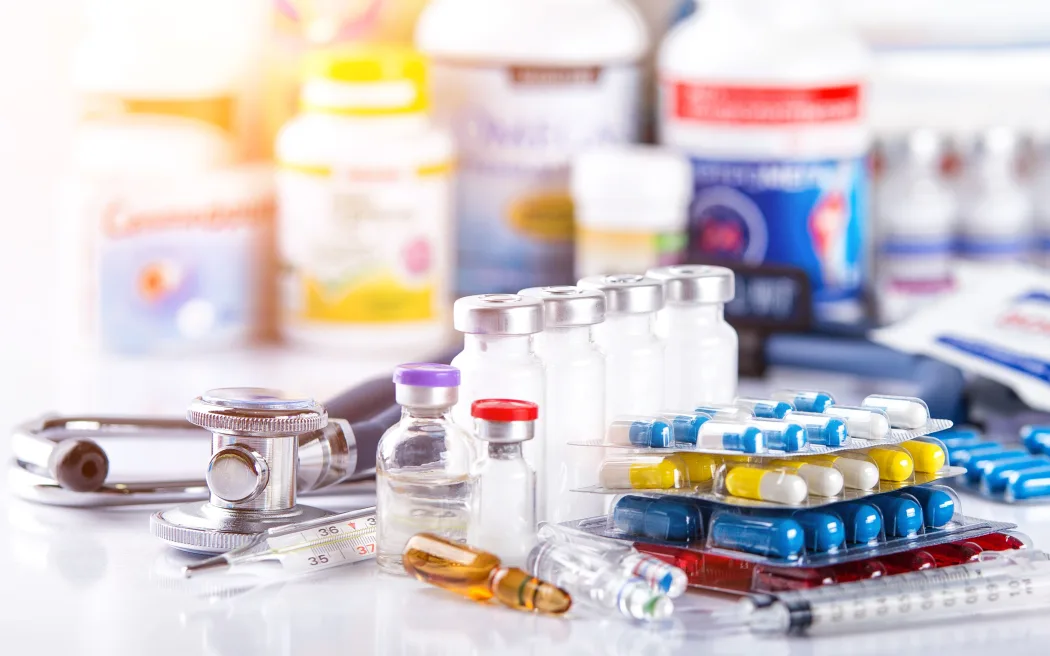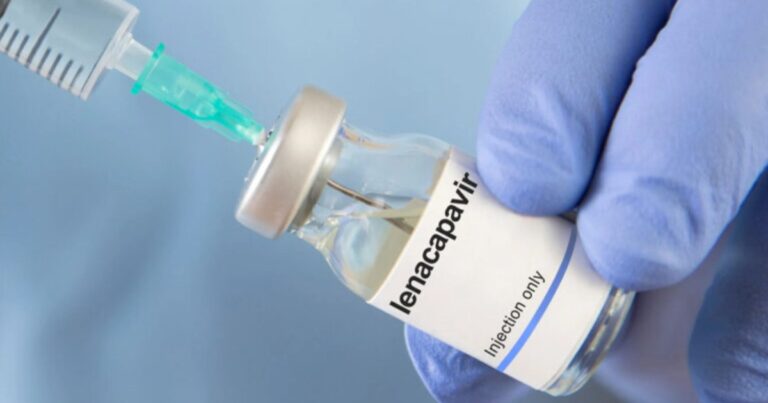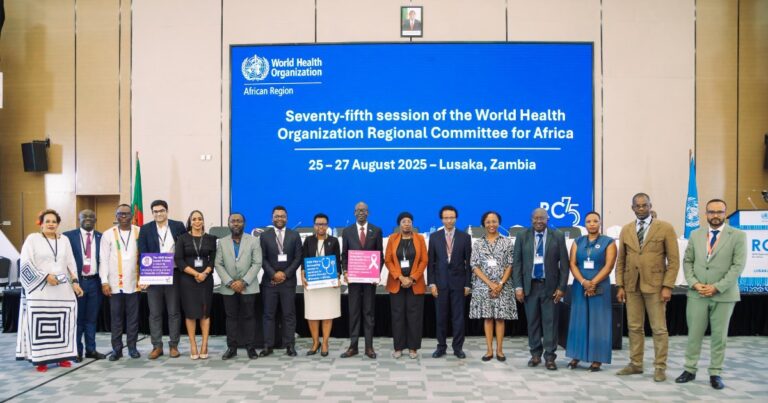The World Health Organization (WHO) and the United Nations Office on Drugs and Crime (UNODC) have released a groundbreaking report exposing the deadly impact of contaminated medicines and calling for urgent global action to protect patients—especially children—from preventable harm.
The report, titled “Contaminated Medicines and Integrity of the Pharmaceutical Excipients Supply Chain,” reveals that at least 25 incidents over the past 90 years have led to more than 1,300 deaths, mainly in children. These deaths were caused by medicines tainted with toxic industrial chemicals like diethylene glycol (DEG) and ethylene glycol (EG), which are often illegally substituted for safe pharmaceutical ingredients in liquid medicines.
A Persistent and Deadly Threat
Since October 2022, WHO has issued nine alerts related to contaminated medicines, most of which were pediatric syrups exported to low- and middle-income countries (LMICs). One of the most tragic incidents occurred in The Gambia, where at least 66 children died after taking contaminated cough syrups. Similar events followed in Indonesia and Uzbekistan, with another 268 deaths reported.
Most affected medicines were low-cost, non-prescription syrups commonly sold in pharmacies, stores, and informal markets. These dangerous products were often meant specifically for children.
How It Happens
The report explains how criminal networks exploit weaknesses in the medicine supply chain by:
- Replacing safe ingredients with toxic industrial chemicals
- Falsifying product labels and certificates
- Selling fake ingredients through online platforms and social media
- Taking advantage of poor regulatory oversight and weak enforcement in some countries
A major concern is the lack of regulation and monitoring of the supply and use of pharmaceutical excipients—ingredients like glycerin and sorbitol used to make syrups. Some suppliers use cheaper, industrial-grade chemicals instead, with deadly consequences.
What Needs to Be Done
WHO and UNODC are calling for:
- Stronger laws and enforcement to stop the use of toxic chemicals in medicines
- Better monitoring of the excipient supply chain
- Improved cooperation between health agencies, law enforcement, and customs authorities
- Tougher penalties for those involved in intentional falsification and contamination
- More investment in post-market surveillance and investigation capacity
The report highlights the need for global cooperation and stronger regulatory systems to prevent future tragedies. It also urges governments and pharmaceutical companies to improve transparency, accountability, and safety across the supply chain.
A Call to Act Now
WHO and UNODC warn that without immediate and united global action, more lives—especially those of children—will be needlessly lost. They call on countries, regulatory agencies, law enforcement, and the pharmaceutical industry to work together to stop contaminated medicines from reaching the public.
This report was made possible through the support of the Fleming Fund, the Gates Foundation, and contributions from regulatory authorities in countries like The Gambia, Indonesia, and Pakistan.
“Contaminated medicines are a preventable tragedy. We must act now to protect future generations,” the report urges.
Source: WHO (World Health Organization)





